The State and Prospects for Development of Media-Critical Internet Resources in Ukraine
10.17721/2522-1272.2022.81.8 ![]() (DOI)
(DOI)
UDC 007:004.738.5:070.447
Nataliia Zahoruyko, PhD (philological) Senior Lecturer at the Department of Journalism Kamianets-Podilskyi Ivan Ohiienko National University,
0000-0001-8192-2573 ![]() (ORCID)
(ORCID)
ABSTRACT
The objective of the article is to ascertain the state of development of domestic media critical internet resources and the specifics of their activities. The tasks of the article are the following: 1) to study the modern domestic media discourse; 2) to analyze the problematic aspects of media critical publications; 3) to identify the prospects for development of Ukrainian media criticism after researching the modern domestic media discourse. It was established that media criticism in Ukraine, although being a relatively new segment of journalism, develops intensively in several directions – media criticism, media literacy and media monitoring and is a synthesized phenomenon, performing a number of important functions regarding control and regulation of information space, as well as information and communication, cognitive, regulatory functions. After analyzing the problematic aspects of media critical publications, it was established that the key directions of their work were mainly aimed at recognizing and refuting fakes, emergence of which was caused mainly by the spread of COVID-19 pandemic аnd a full-scale Russian invasion.
Among the prospects for development of domestic media criticism there is involvement of a large part of the readership in understanding this discourse, raising the level of media literacy and media culture in the society. A characteristic feature of domestic media criticism is that it mainly serves as a mechanism of media self-regulation, because its materials are devoted to interpretation of development trends and development problems. Another of its features is that it is mainly represented by online publications, and some of them function due to foreign donor support, because it is not a profitable segment of the media, acting as an axiological and cognitive sphere of journalism and a civilizing factor of the society.
KEYWORDS: professional media criticism; functions of media criticism; media monitoring; media education; fake news; narrative.

